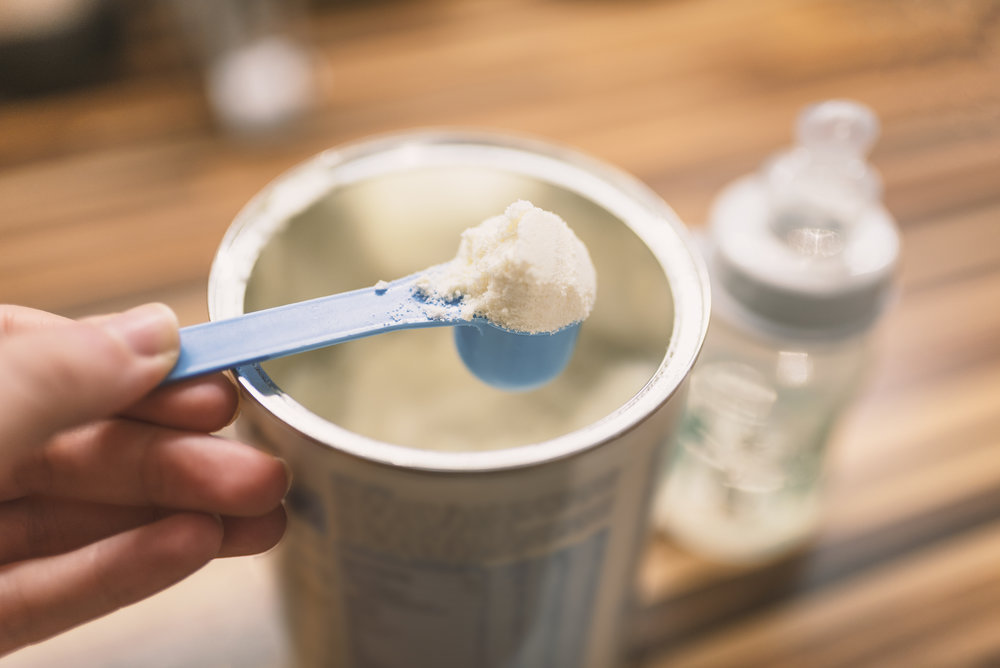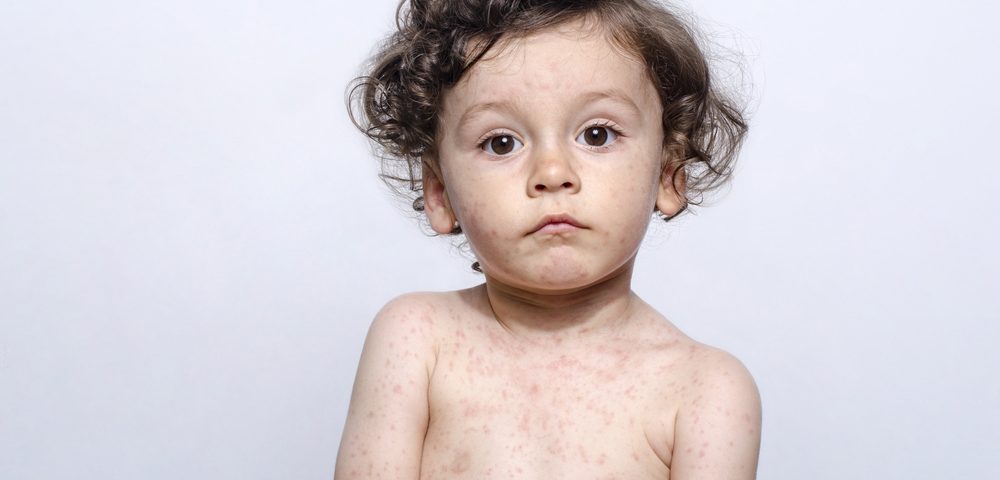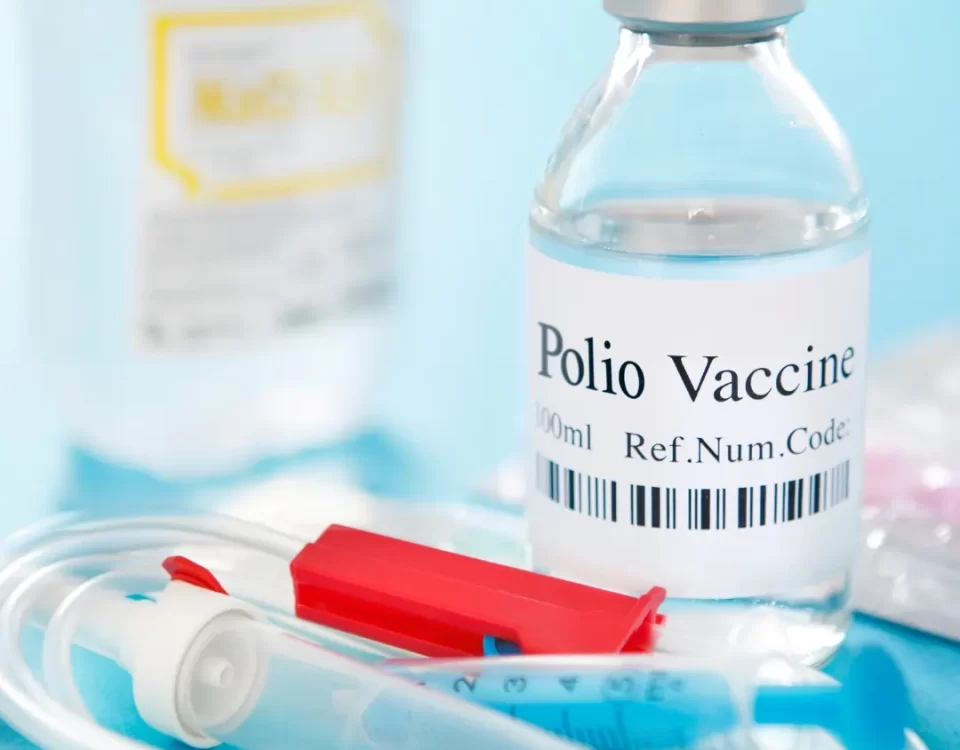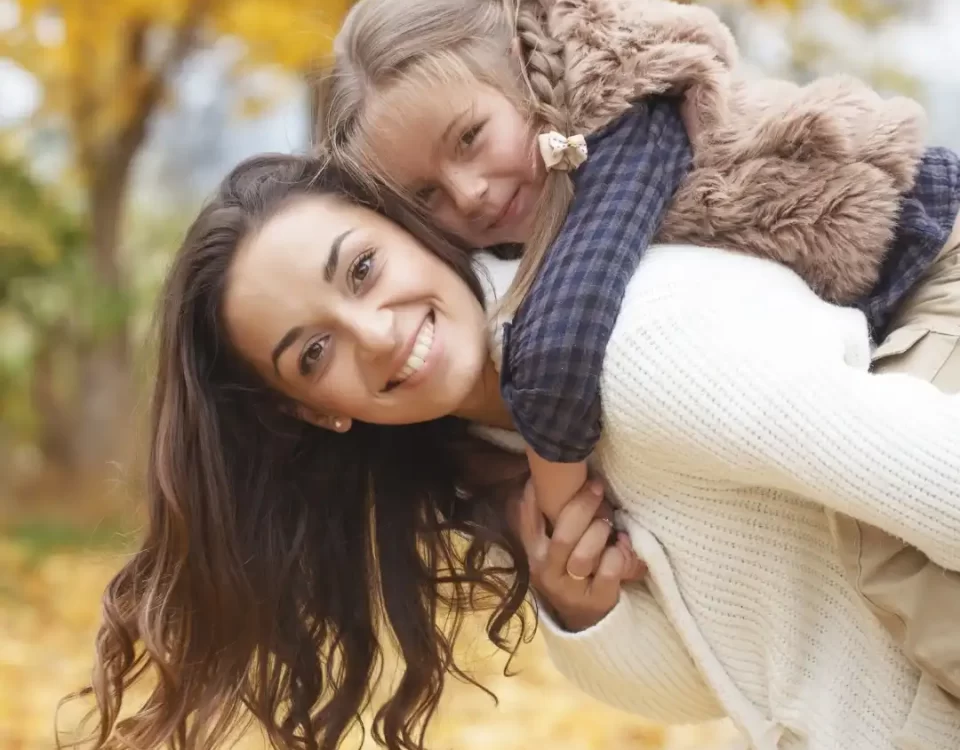
Why Formula Instead of Cow’s Milk?
March 4, 2019
Your Guide to an Essential Summer First Aid Kit
May 5, 2019Measles is wildly contagious. How troubled ought to folks be if their baby is just too young for the vaccine? Nearly one out of each three youngsters beneath the age of five who catches contagious disease finally ends up within the hospital. Are some babies at greater risk? What, if something, can parents do to protect their little ones?
Here are some answers from the American Academy of medical specialty.
How long before will my baby get the contagious disease vaccine?
The recommended age for the first dose of measles, mumps, and rubella (MMR) vaccine is 12 to 15 months of age. If you reside during a community experiencing a pestilence, or if you travel internationally, your baby may be vaccinated as early as 6 months of age. Talk with your pediatrician if this applies to you.
Babies, who get one dose of MMR immunogen before their 1st birthday ought to get 2 additional doses (one dose at twelve through fifteen months elderly and another dose at least 28 days later).
My baby is too young for the vaccine. Is there anything I can do to protect her?
Wash your hands! Just as you’d to stop germs at any time, use soap and water and scrub for at least 20 seconds. Remind others in your home or anyone who is close to your baby to try to do the same.
Other things that can help:
• Limit your baby’s exposure to crowds, different youngsters, and anyone with colds.
• Go germ-free. Disinfect objects and surfaces in your home regularly.
• Feed your baby breastmilk. It has unique antibodies to prevent and fight infections.
• Remember, the measles virus can live for two hours on a surface or suspended in the air.
How seemingly is it that my baby can catch the measles?
The risk posed to you and your family largely depends on where you live and the percentage of your community who have been vaccinated against measles. Check with your state or local health department for updates on the number of measles cases near you. If you’ve got older youngsters, check their schools’ vaccination rates. Keep in mind that not all states need kid care centers to disclose vaccination rates, however, it’s value asking.
Babies at a larger risk for catching contagious disease include:
• Ones beneath twelve months World Health Organization haven’t received the contagious disease immunogen.
• Ones during a kid care setting or living in crowded living conditions.
• Ones with older siblings.
• Ones who are not breastfed.
What are the signs and symptoms of measles in babies?
Infants and kids may be contagious four days before they even show any symptoms!
Measles typically starts as a bad cold with symptoms such as fever, cough, runny nose, and conjunctivitis (pink eye). A rash then starts to develop on the head and spreads down to the rest of the body. Many children also get ear infections. While the main symptoms of measles are bad enough, the reason we vaccinate against measles is to prevent the complications associated with it―such as pneumonia and encephalitis (an infection of the brain).
What is the outlook for a child who gets measles?
Not good. In the US, one-2 out of each 1,000 children who get measles die from it. A similar range of youngsters suffers from cephalitis and plenty of proceed to possess long brain harm. The disease is even more severe in developing countries, where as many as 1 out of 3 children who get measles die from it.
Why don’t babies get the MMR shot sooner?
The MMR vaccine is a live vaccine, which means it contains weakened forms of the viruses. In order to figure, those weakened forms of the virus need to multiply to create an immune response. Since the natural protection newborns get from their moms wears off step by step over a number of months, the viruses may not be able to multiply the way they would when the baby is a little older. That’s why we tend to advocate the primary dose of the MMR beginning at twelve months elderly. Not because it’s too dangerous but because that’s the age at which the vaccine works best.





